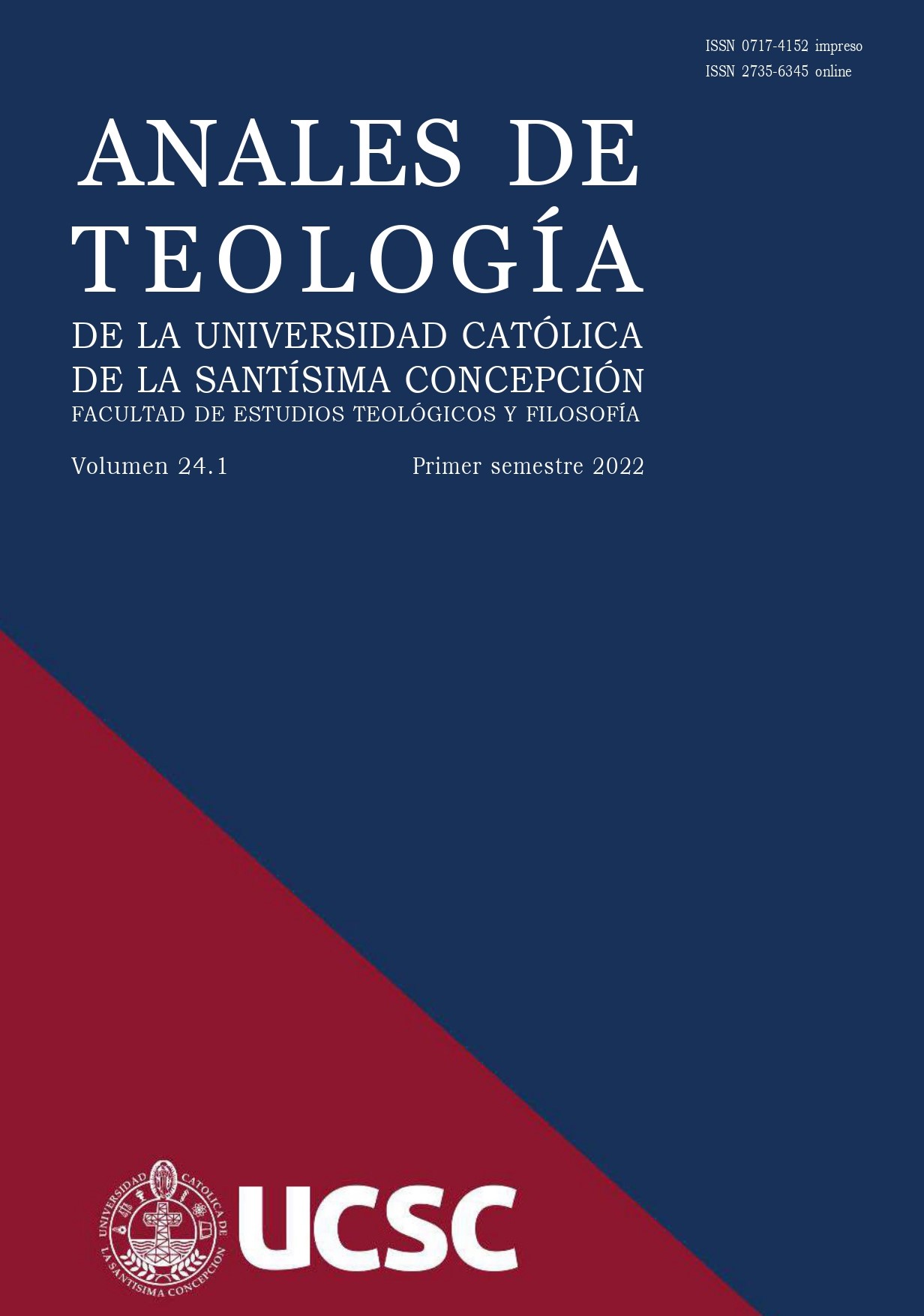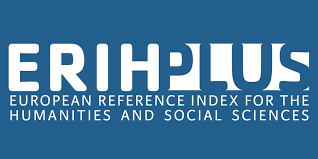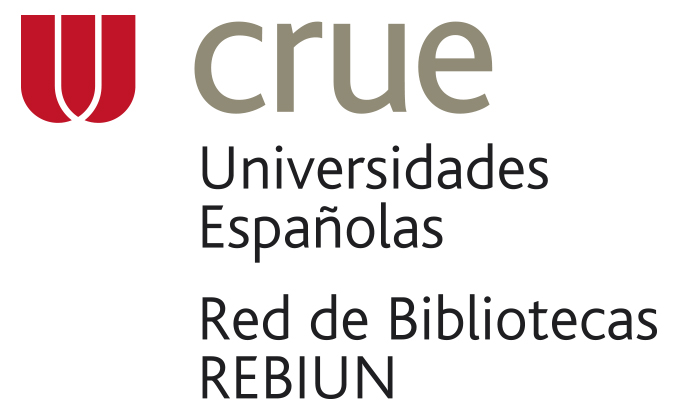Is my mom a witch? a contribution to religious education school-ERE, from the religious and spiritual practice of Afro-Colombian women.
DOI:
https://doi.org/10.21703/2735-6345020220420105Keywords:
School religious education-ERE, Spirituality, Afro-Colombian women, intersectionality, RacismAbstract
This article is first a tribute to many Afro-Colombian women who have lived and live their Catholic religious practice without undermining their Afro-Colombian spiritual practice. Along with the homage, this article is intended to contribute to the religious school education – ERE elements of sufficient analysis to confront and reassess the way in which the spiritual and religious practices of other peoples are stereotyped and discriminated against. In particular of the Afro-descendant communities that inhabit Colombia, and that have been evangelized, syncretizing this experience that became the enslaver, with their own cosmogonies, spiritualities, rituals and practices of relating to others, to God or to the gods and nature.
Downloads
References
BARREDO HEINERT, F., “Hacia una teología afroamericana (en América Hispana)”, AXIOMA 14/1 (2015) 46 - 54.
BOLÍVAR ARÓSTEGUI, N., Los orishas en Cuba, Unión, Cuba 1990.
CASALDÁLIGA, P. – VIGIL J. M., Espiritualidad de la liberación (No. 1), SAL TERRAE, s/l 1992.
GONZÁLEZ, J. (dir.), Selecciones de Teología s. fco. de Borja, Mensajero, s/l 1975, 55-60.
GROSFOGUEL, R., “Racismo/Sexismo Epistêmico, Universidades Ocidentalizadas e os quatro Genocídios/Epistemicídios ao longo do século XVI”, Tabula rasa, 19 (2013) 31-58.
MARRERO, P., Carimba: la marca de Africa en nuestra independencia, Luxemburg, Buenos Aires 2006.
MAYA, L. A., “Racismo institucional, violencia y políticas culturales. Legados coloniales y políticas de la diferencia en Colombia”, Historia Crítica, 39/E (2009) 218-245.
MENA-LÓPEZ, M., “Teología negra de la liberación: apuntes a propósito de los 50 años del Concilio Vaticano II”, Revista Albertus Magnus 5/1, (2014) 87-106.
MENA-LÓPEZ, M., Una espiritualidad alegre, festiva y transgresora desde la paxis afro-colombiana. Espiritualidad Justicia y Esperanza Desde Las Teologías Afro-Americanas y Caribeñas, Pontificia Universidad Javeriana, Cali 2008.
MENÉNDEZ, E., “Racismo, colonialismo y violencia científica”, Transformaciones 47 (1972) 169-196.
QUIJANO, A., “Colonialidad del poder, cultura y conocimiento en América Latina”, Dispositio 24/51 (1999) 137-148.
A. SANDOVAL, De Instauranda Aethiopum Salute. El mundo de la esclavitud negra en América, Empresa Nacional de Publicaciones, Bogotá 1956.
SCIORTINO M. S., La nación y sus otros: raza, etnicidad y diversidad religiosa en tiempos de políticas de la identidad, (Avá. Revista de Antropología 13), Redalyc, Misiones 2008, s/p. ISSN 1515-2413.
SIERRA, D., “El Muntu: la diáspora del pensamiento filosófico africano en Changó, el gran putas de Manuel Zapata Olivella”, La Palabra 29 (2016) 23-44.
VALENCIA, A. D., “Mujer afrodescendiente: espiritualidad y sanación desde el territorio”, Franciscanum, 64/178 (2022) 1-44.
VIVEROS, M., “La interseccionalidad: una aproximación situada a la dominación”, Universidad Nacional Autónoma de México, Programa Universitario de Estudios de Género 52/X (2016) 1-17.
ZAPATA OLIVELLA, M., Changó el gran putas, Oveja Negra, Bogotá 1983.
Downloads
Published
Issue
Section
License
Copyright (c) 2022 Anales de Teología

This work is licensed under a Creative Commons Attribution-NonCommercial 4.0 International License.
The Anales de Teología is an open access journal and does not charge for publication. In addition, it regulates its Copyright and access policy according to the Creative Commons Attribution-NonCommercial 4.0 International Public License (CC BY-NC 4.0), therefore sharing (reproducing and distributing the material in any medium or format) and adaptation (modifying, transforming, and creating from the material) is allowed as long as proper credit is given and the citation is included with the corresponding data. Moreover, it is not allowed to use the material for commercial purposes.




















